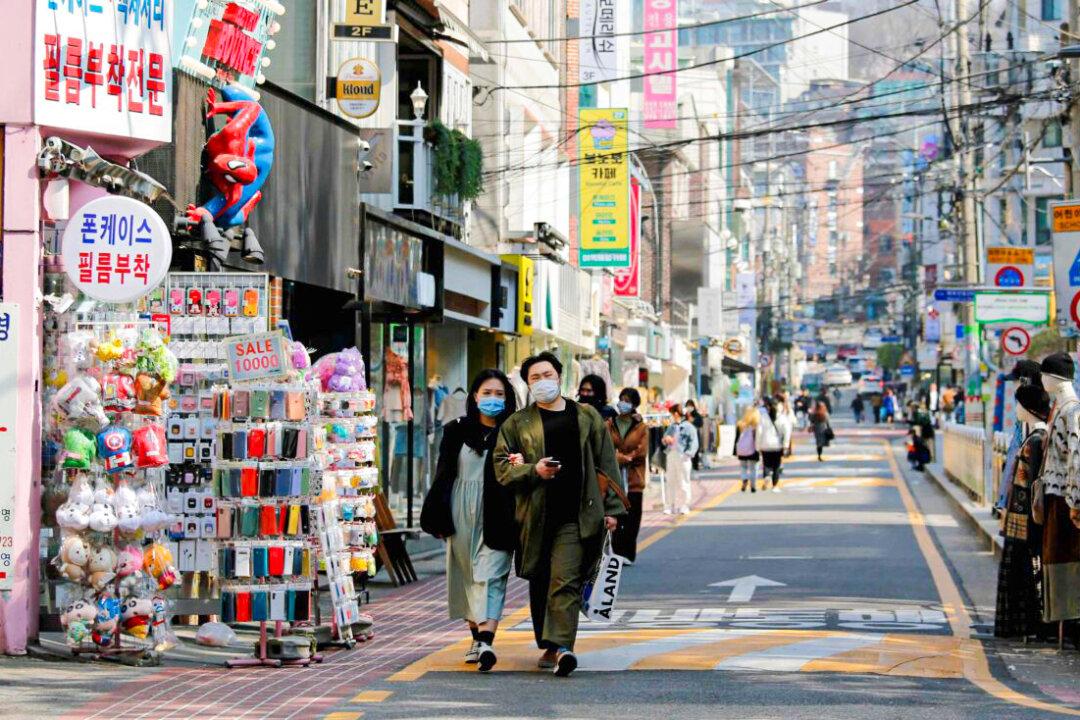The inflation rate in South Korea jumped to 5.4 percent in May from the previous year, hitting a near 14-year high amid soaring crude oil and commodity prices triggered by the Russia-Ukraine war.
Statistics Korea reported Friday that consumer prices accelerated from an on-year increase of 4.8 percent in April, marking the fastest annual growth since August 2008, when consumer prices rose 5.6 percent.





